In their eighth travelogue, Rich and Nick meet Indira, one of the founders of an organization aimed at transforming the lives of victims of trafficking and tackling the exploitation of women.
Our route through India wound through beautiful landscapes and stunning cities, past the majestic Taj Mahal and across the sacred River Ganges – Nepal, however, still succeeded in taking our breath away. Narrow, winding roads weaved through deep valleys and snaked up steep hills and mountains, precipitous drops on one side and wild and unruly trucks and buses flying past on the other. The vistas were spectacular and the people delightful. We carved our way to Besishahar, in the foothills of the Himalayas, to visit some old friends there – teachers at two local schools. Whenever we come out here, we face two overwhelming inevitabilities: a magnificent and truly humbling welcome, including flower garlands piled so thick around your neck they obscure your vision, and an intense feeding programme, as if being stuffed and prepped for the slaughter. While we weren’t able to avoid the never-ending mountains of food, our tuk tuk – Tommy Tempo – managed to steal the limelight upon our arrival. He was showered with flowers, became a climbing frame for the younger children and brought lessons to a halt, ferrying staff and pupils alike around the school playground.
In Delhi, we’d met Gitanjali and visited her non-formal education centre for sex-workers and their children. These women had been trafficked from all over India as well as neighbouring countries, like Bangladesh and Nepal. In Kathmandu we met Indira, one of the founders of Samrakshak Samuha Nepal (SASANE), and were able to explore a different side to this devastating problem. In Nepal, huge challenges are posed not only by trafficking – 10,000-15,000 women are trafficked to India each year, many to participate in the burgeoning night entertainment sector, and around 7,500 children are trafficked internally within Nepal – but by endemic gender-based discrimination and violence. Indira and the six other co-founders of SASANE are all female, former victims of human trafficking; they started the organization in 2008 based on the principle that survivors can create real social change. SASANE seeks to engage trafficking survivors in anti-trafficking activities to break the cycle of exploitation of women, transform the lives of other victims and tackle systemic inequality, exploitation and injustice.
For those lucky few who, having been trafficked, were rescued or managed to escape, prospects are bleak. Most lack formal education and all are crippled with the stigma attached to the injustices they faced. SASANE operates two major programmes; the first involves training female trafficking survivors to become paralegals. Though training is rigorous and demanding, SASANE members now work as qualified paralegals in 25 police stations across the Kathmandu Valley. Not only does this provide these women with a source of income, respectable profession and renewed sense of dignity, their services are able to support other victims. For Nepali women, we’re told, filing a complaint about a trafficker or abuser is a traumatic experience and often leads to further victimisation within a male-dominated legal system, bound by patriarchal societal norms. SASANE paralegals – through pro bono legal counselling, the filing of reports and registering of complaints – can provide compassion and support to victims, while delivering justice.
Alongside the paralegal training, SASANE organises and delivers school outreach programmes to educate youth about human and gender rights, and raise awareness of the risks and realities of human trafficking and the sex trade in Nepal. Through their innovative programmes, SASANE is working to prevent further trafficking and gender-based discrimination and violence, while simultaneously rehabilitating former victims, reintegrating them into society and empowering them to play a part in this whole process themselves. Education is vital, Indira explains, ‘education is like the eye of the human body… without our eyes, without education, we cannot see anything’.
After witnessing Indira and her colleagues in action delivering SASANE’s paralegal training, we took to the road once more. We cut south over dramatic, mountainous passes until we hit the country’s lowlands, bore east through vast tea estates back into India, and then travelled south towards Kolkata and the Bay of Bengal. Tommy is preparing to be shipped once more – this time to Singapore, from where we will explore South East Asia, hoping to uncover more inspirational grassroots educational projects along the way.
More details of our endeavour and the projects we visit can be found on our website – www.tuktuktravels.com. The best way to keep up to date with our progress is by ‘liking’ our Facebook page, ‘following’ us on Twitter or checking out our live map. If you’re interested, please do get in touch – we’d love to hear from you!
Tuk Tuk Travels

Two teachers, Nick and Rich, travelled around the world in a tuk tuk to visit charitable projects and promote English language teaching. We followed their adventures here on onestopenglish.
- 1
- 2
- 3
- 4
- 5
- 6
- 7
- 8
- Currently reading
Tuk Tuk Travels: Entry 8: And on to Nepal
- 10
- 11
- 12
- 13
- 14
- 15
- 16

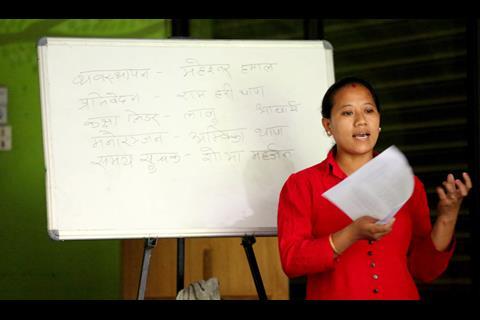
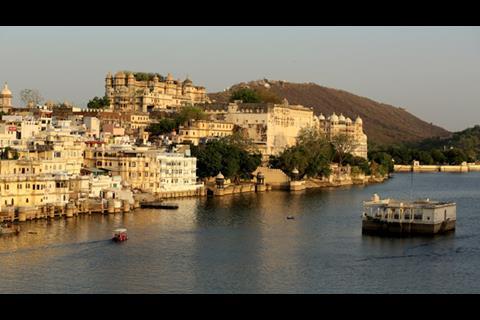
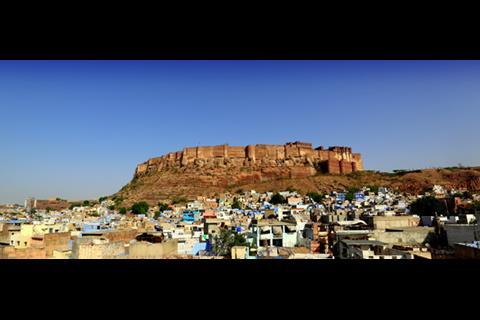
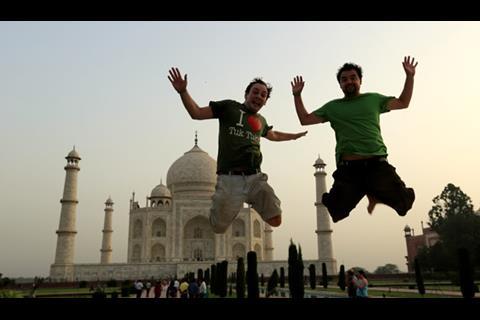
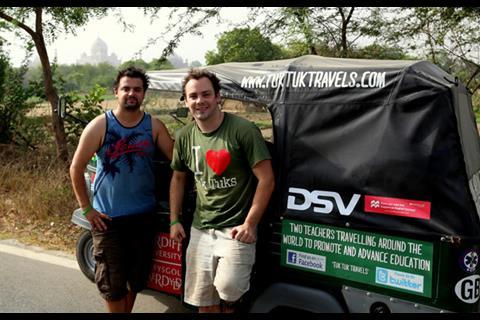
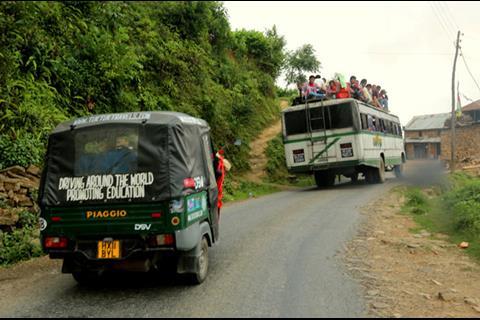
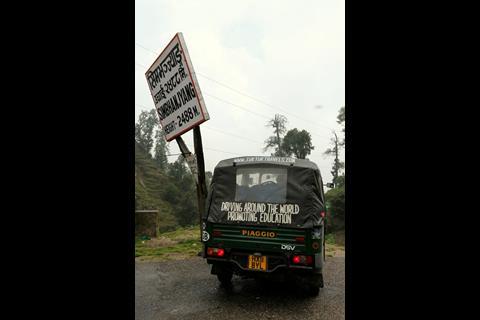
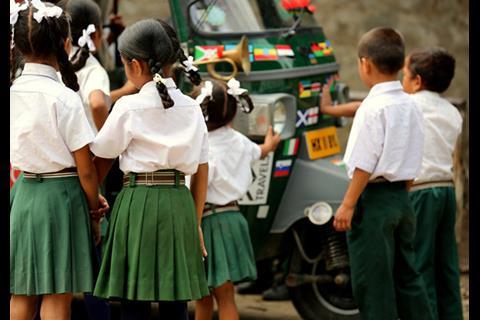
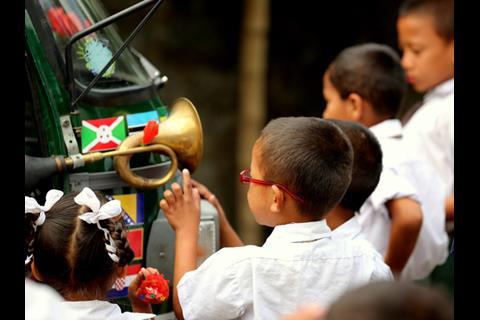
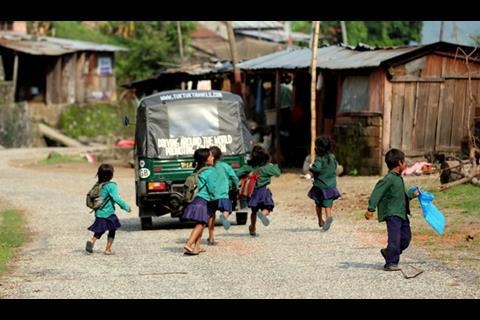
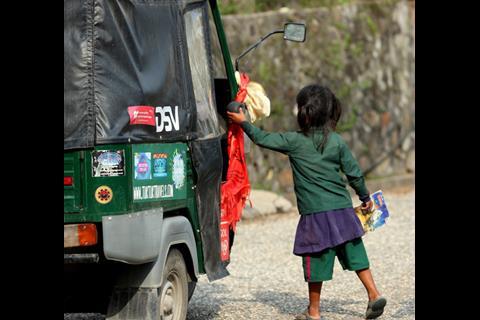
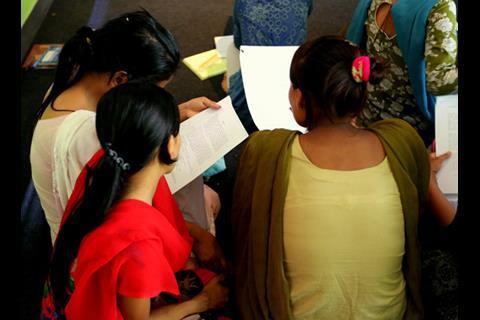



No comments yet